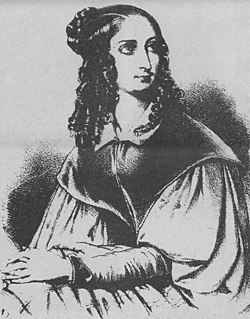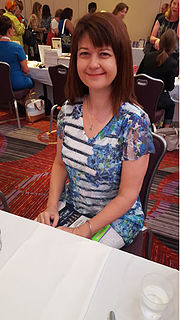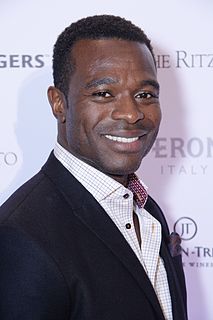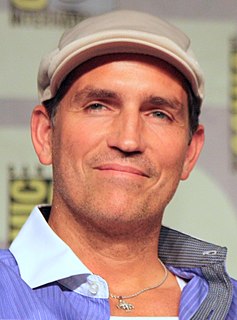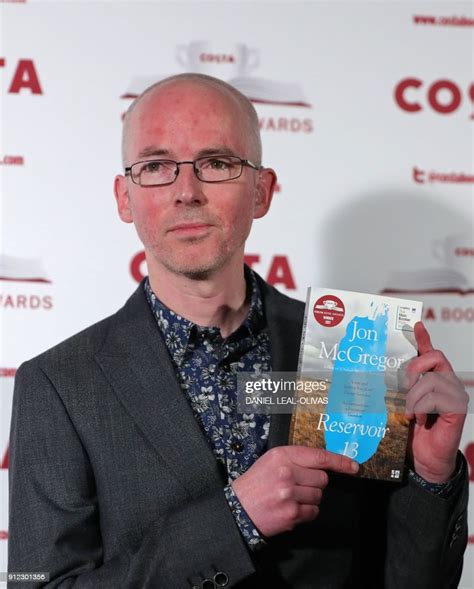A Quote by Elena Ferrante
Elena Ferrante is the author of several novels. There is nothing mysterious about her, given how she manifests herself - perhaps even too much - in her own writing, the place where her creative life transpires in absolute fullness.
Related Quotes
Lastly, she pictured to herself how this same little sister of hers would, in the after-time, be herself a grown woman; and how she would keep, through all her riper years, the simple and loving heart of her childhood: and how she would gather about her other little children, and make their eyes bright and eager with many a strange tale, perhaps even with the dream of Wonderland of long ago: and how she would feel with all their simple sorrows, and find a pleasure in all their simple joys, remembering her own child-life, and the happy summer days.
She realized how many of her beliefs were either unrealistic or belonged to her deceased parents and her ex-husband. She also realized that her expectations for herself and others were sometimes too rigid. She was trying to live up to what everyone else said was best for her, which made her depressed and hard to be around at times. Once she changed her beliefs about herself and others, she began to smile more and enjoy life.
Virtue and vice suppose the freedom to choose between good and evil; but what can be the morals of a woman who is not even in possession of herself, who has nothing of her own, and who all her life has been trained to extricate herself from the arbitrary by ruse, from constraint by using her charms?... As long as she is subject to man's yoke or to prejudice, as long as she receives no professional education, as long as she is deprived of her civil rights, there can be no moral law for her!
Perhaps I will die too, she told herself, and the thought did not seem so terrible to her. If she flung herself from the window, she could put an end to her suffering, and in the years to come the singers would write songs of her grief. Her body would lie on the stones below, broken and innocent, shaming all those who had betrayed her. Sansa went so far as to cross the bedchamber and throw open the shutters ... but then her courage left her, and she ran back to her bed, sobbing.
Yet there were times when he did love her with all the kindness she demanded, and how was she to know what were those times? Alone she raged against his cheerfulness and put herself at the mercy of her own love and longed to be free of it because it made her less than he and dependent on him. But how could she be free of chains she had put upon herself? Her soul was all tempest. The dreams she had once had of her life were dead. She was in prison in the house. And yet who was her jailer except herself?
My mother didn't feel sorry for herself, she was left with no child support, no alimony at a very young age, with a child to raise, a high school education and she just figured it out. She didn't complain, she didn't rely upon government, she relied upon her own skill set, her own self confidence, her own drive in moxie and her own duty to me and her and she relied upon her family and her faith.
The universal nature has no external space; but the wondrous part of her art is that though she has circumscribed herself, everything which is within her which appears to decay and to grow old and to be useless she changes into herself, and again makes other new things from these very same, so that she requires neither substance from without nor wants a place into which she may cast that which decays. She is content then with her own space, and her own matter, and her own art.
Be your own place of safety, she told herself, straightening. No crossbar in the world could protect her from what lay ahead, and neither could a tiny knife ticked in her boot - though there her tiny knife would most certainly remain - and neither could a man, not even Akiva. She had to be her own strength, complete unto herself.
It was so important that women were involved in 'She's Gotta Have It' because it's about a woman's opinion. It's about her views of herself, and the world around her, and how the world perceives her, and finding that ground for herself - not even a common ground, but that ground for herself in which she can walk on firmly with confidence.
There was a warmth of fury in his last phrases. He meant she loved him more than he her. Perhaps he could not love her. Perhaps she had not in herself that which he wanted. It was the deepest motive of her soul, this self-mistrust. It was so deep she dared neither realise nor acknowledge. Perhaps she was deficient. Like an infinitely subtle shame, it kept her always back. If it were so, she would do without him. She would never let herself want him. She would merely see.
Think about the number of times someone will say to herself, "I want to get out of this circumstance, but I'm too afraid. I'll lie about how happy I am in this marriage, and I'll put up a front." But she's betraying everything that's in her heart. She's making choices that are harming her, and that's why she's hurting. Her intuition is trying to tell her that.
For a woman ... to explore and express the fullness of her sexuality, her ambitions, her emotional and intellectual capacities, her social duties, her tender virtues, would entail who knows what risks and who knows what truly revolutionary alteration to the social conditions that demean and constrain her. Or she may go on trying to fit herself into the order of the world and thereby consign herself forever to the bondage of some stereotype of normal femininity - a perversion, if you will.
I think Eleanor Roosevelt always had a most incredible comfort writing letters. I mean, she was in the habit of writing letters. And that's where she allowed her fantasies to flourish. That's where she allowed her emotions to really evolve. And that's where she allowed herself to express herself really fully, and sometimes whimsically, very often romantically. And it really starts with her letters to her father, who is lifelong her primary love.
He thinks about her, at this moment, in her house, a few thin walls away, packing her life into boxes and bags and he wonders what memories she is rediscovering, what thoughts are catching in her mouth like the dust blown from unused textbooks. He wonders if she has buried any traces of herself under her floorboards. He wonders what those traces would be if she had. And he wonders again why he thinks about her so much when he knows so little to think about.



